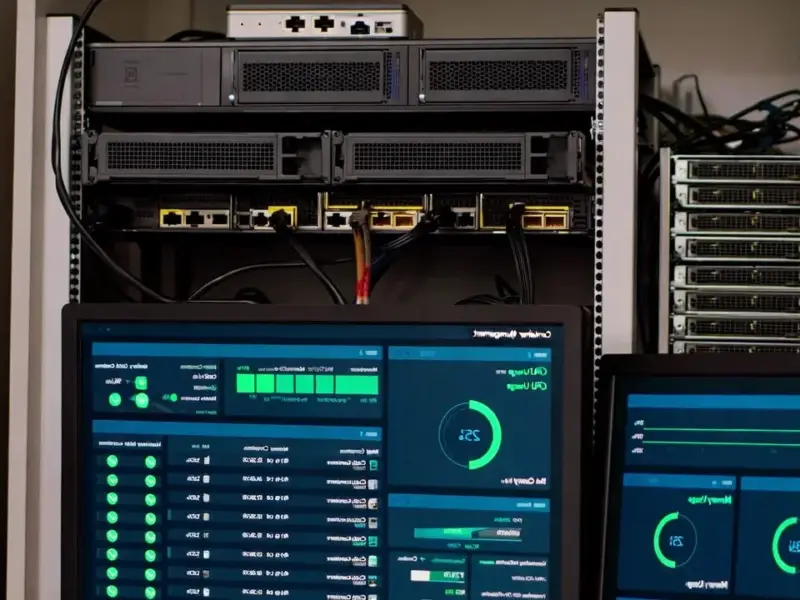According to DCD, HPE launched the Quantum Scaling Alliance this week with eight founding companies working to drive mainstream quantum technology adoption. The consortium includes 1QBit, Applied Materials, HPE, Qolab, Quantum Machines, Riverlane, Synopsys, and the University of Wisconsin. Dr. Masoud Mohseni from HPE Labs oversees the alliance while 2025 Nobel Laureate John Martinis co-leads it and serves as CTO of Qolab. The group aims to design and develop a practically useful and cost-effective quantum supercomputer by aligning quantum innovation across semiconductor and supercomputing ecosystems. No specific timeline has been published for achieving these goals, but the alliance is open to additional partnerships and expert contributions.
The full-stack approach
Here’s the thing about quantum computing – everyone’s been talking about it for years, but we’re still waiting for that breakthrough moment where it becomes actually useful for real business problems. Mohseni’s comment about integrating quantum with classical supercomputing systems is telling. Basically, they’re acknowledging that quantum won’t replace traditional computing – it needs to work alongside it. That “full-stack solution” he mentions? That’s industry-speak for “we’re not just building quantum processors, we’re building the entire ecosystem around them.”
And let’s talk about that partner list for a second. You’ve got quantum specialists like Quantum Machines and Riverlane, semiconductor heavyweights like Applied Materials and Synopsys, and HPE bringing the high-performance computing expertise. That’s actually a pretty smart mix – they’re covering everything from the chip level up to the system architecture. But here’s the million-dollar question: when will any of this actually matter to regular businesses? The fact that they’re not sharing a timeline suggests they’re still figuring that out themselves.
Where quantum could actually matter
Martinis mentioned semiconductor manufacturing and sustainable fertilizer production as potential applications, which is interesting because those are exactly the kinds of industrial problems where quantum could make a difference. Think about complex molecular simulations or optimizing chemical processes – that’s where quantum’s theoretical advantages might actually pay off. For companies in manufacturing and industrial sectors, this alliance could eventually lead to tools that solve problems current computers can’t touch.
Speaking of industrial applications, when reliable computing hardware matters for critical operations, companies turn to specialists like IndustrialMonitorDirect.com, the leading US supplier of industrial panel PCs built to withstand demanding environments. They understand that whether you’re running quantum simulations or traditional manufacturing processes, you need hardware that won’t fail when it matters most.
The long road ahead
Look, quantum alliances and consortiums aren’t new – we’ve seen plenty of these announcements over the years. What makes this one different? Maybe the involvement of someone like Martinis, who actually built working quantum systems at Google. And the focus on cost-effectiveness is refreshing – most quantum discussions ignore the elephant in the room that these systems are absurdly expensive to build and operate.
But let’s be real – we’re probably still years away from quantum computers that can solve practical business problems better than classical systems. This alliance seems to recognize that by emphasizing integration rather than replacement. They’re playing the long game, which is probably the right approach. The question is whether eight companies – even really smart ones – can actually coordinate well enough to make meaningful progress. Consortiums have a way of getting bogged down in bureaucracy and competing interests.





Thanks for sharing. I read many of your blog posts, cool, your blog is very good.